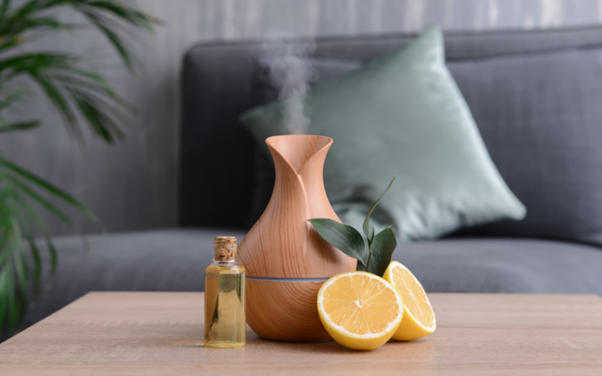
Aromatherapy diffusers have become a staple in many homes, offering an easy way to enjoy the benefits of essential oils. However, like many modern conveniences, their widespread use raises several ethical dilemmas that consumers should consider. These dilemmas range from environmental impact to the sourcing of essential oils, all of which can influence your choices as a responsible consumer. In this article, we will explore the ethical dilemmas of aromatherapy diffusers that you need to be aware of, to help you make more informed decisions about your use of these devices.
Environmental Impact of Diffuser Production
One of the primary ethical concerns with aromatherapy diffusers is the environmental impact associated with their production. Many air diffusers are made from plastic, which contributes to pollution and the global plastic waste crisis. The manufacturing process itself can also be resource-intensive, involving the use of non-renewable energy and raw materials. As consumers, it is critical to consider the lifecycle of the products we buy, from the extraction of raw materials to the disposal of the diffuser at the end of its life. Choosing a scent diffuser made from sustainable materials or opting for a model that uses minimal packaging can help reduce your environmental footprint.
The Carbon Footprint of Essential Oils
The use of aromatherapy diffusers is closely linked to the production and transportation of essential oils, which can have a significant carbon footprint. Many essential oils are sourced from plants that are grown in distant regions, requiring transportation over long distances to reach consumers. It increases the carbon emissions associated with your home diffuser and raises concerns about the sustainability of farming practices in these regions. As demand for essential oils grows, the pressure on natural resources intensifies, potentially leading to environmental degradation. To mitigate this impact, consider using essential oils that are locally sourced or from suppliers that prioritise sustainable and ethical farming practices.
Ethical Sourcing of Essential Oils
The sourcing of essential oils raises another ethical dilemma, particularly regarding the working conditions of those involved in the harvesting and production. In some cases, the production of essential oils involves labour-intensive work carried out by underpaid workers in developing countries. There is also the issue of land use, where large areas of land are dedicated to growing crops for essential oils, sometimes at the expense of food production or natural ecosystems. Consumers can make more ethical choices by purchasing essential oils from suppliers that adhere to fair trade principles and support sustainable farming practices. This ensures that the workers involved in the production process receive fair wages and that the environmental impact is minimised.
Health and Safety Concerns
While aromatherapy diffusers are generally considered safe, there are ethical considerations related to the health and safety of users, particularly about the proper use of essential oils. Some essential oils can be harmful if used incorrectly, leading to adverse health effects such as skin irritation or respiratory issues. It raises ethical questions about the responsibility of manufacturers to provide clear and accurate information about the safe use of their products. Consumers should be cautious when using essential oils, especially around vulnerable groups such as children, pets, and individuals with pre-existing health conditions. Ensuring you are fully informed about the potential risks and safe practices can help you avoid harm and use your diffuser responsibly.
The ethical dilemmas associated with aromatherapy diffusers are complex, involving environmental, social, and health-related issues. By being aware of these concerns, you can make more informed decisions about the products you use and how you use them. It benefits you as a consumer and contributes to a more sustainable and ethical world.
For more information about ethical aromatherapy diffuser solutions, contact Hone Aroma today.

